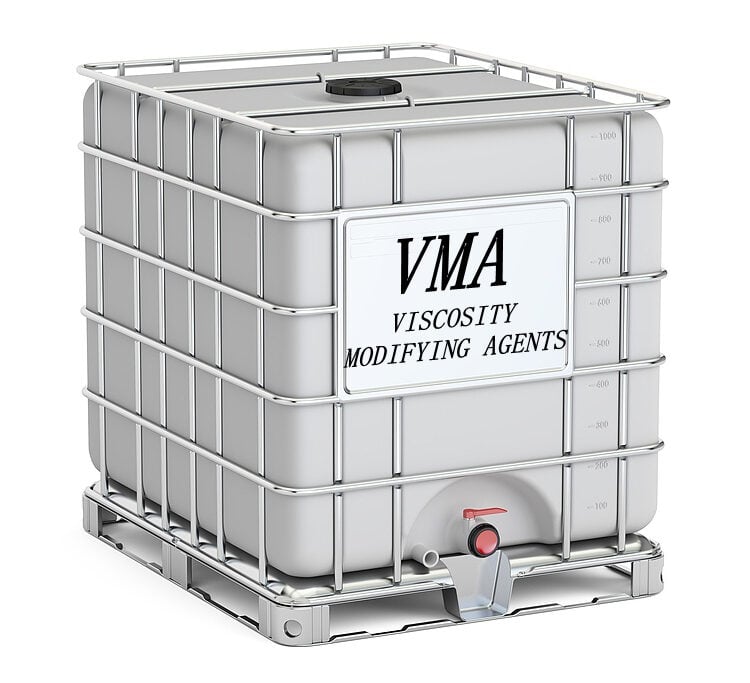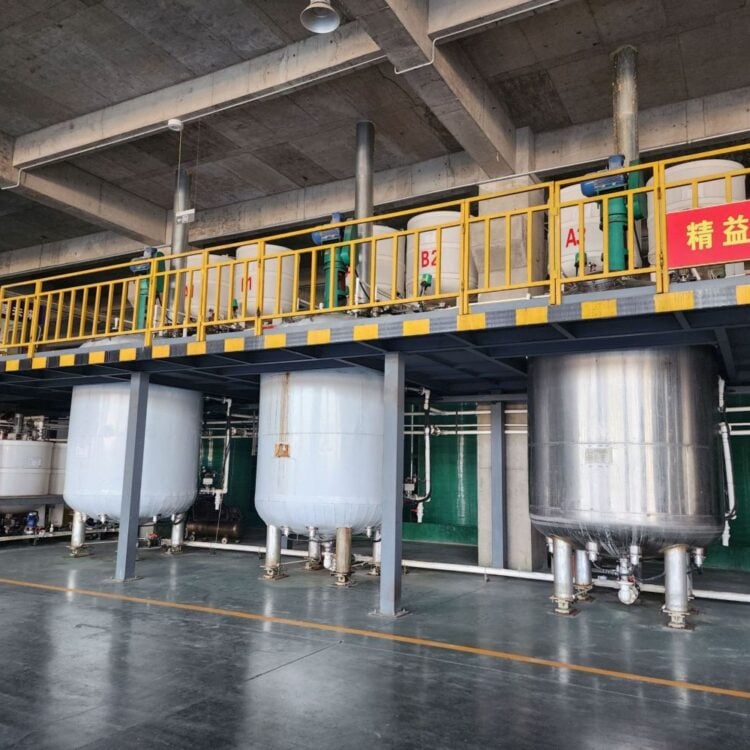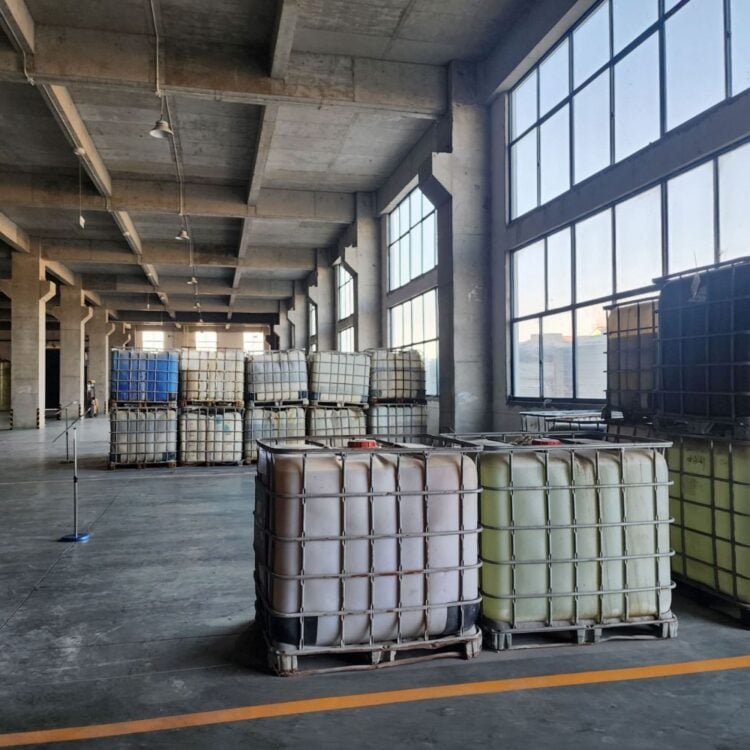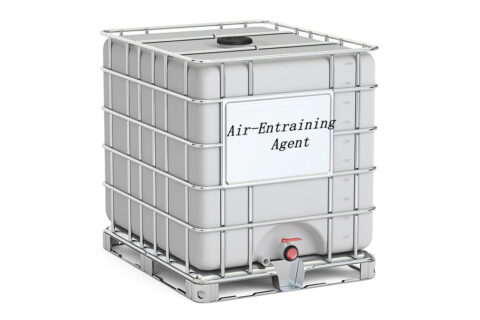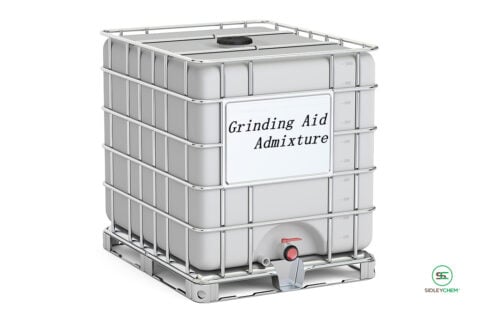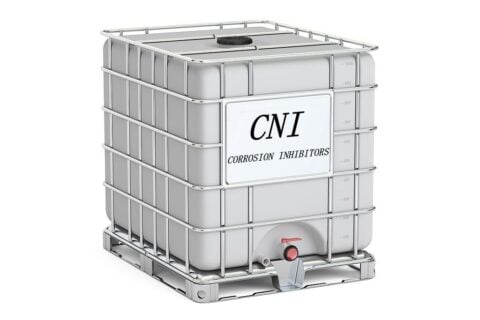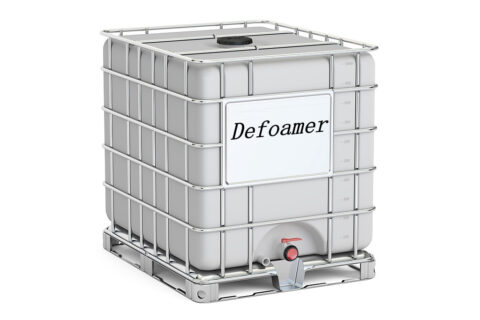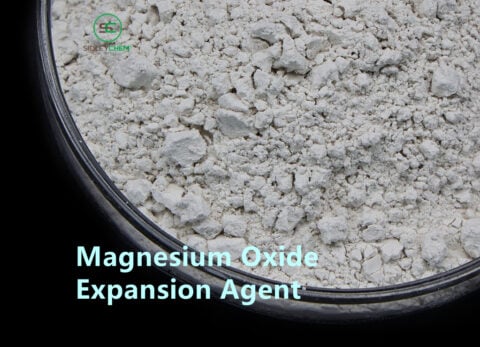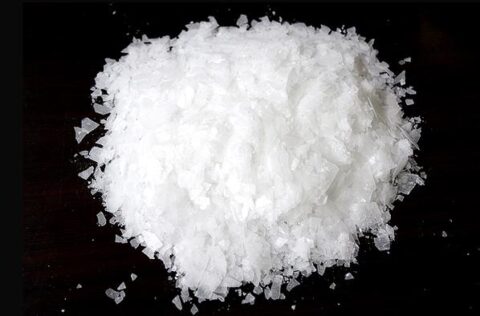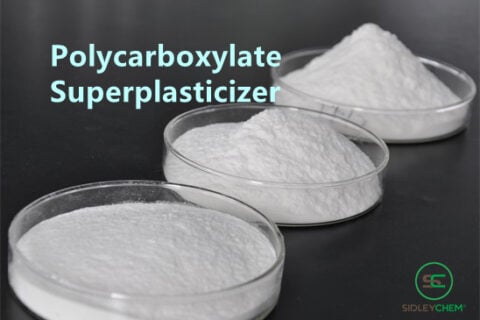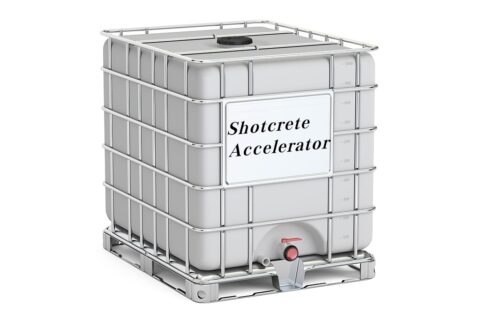Viscosity Modifying Agents are concrete admixtures synthesized through the reaction of inorganic materials, polymer materials, and various additives. It can fundamentally affect the plastic viscosity and yield value of concrete by adjusting the water content, air content, and water reducing agent dosage, thereby providing the necessary rheological properties of concrete by adjusting the dosage. Concrete viscosity modified materials are applied to self compacting concrete, high-strength concrete, UHPC, etc. They can improve the workability of fresh concrete and the mechanical and deformation properties of hardened concrete, and have the functions of crack resistance, impermeability, and improved durability.
| PRODUCT FAMILY | TYPE | CODE | FEATURES AND RECOMMENDATIONS | DESCRIPTION | DOSAGE |
| VISCOSITY MODIFYING AGENTS | VMA | SD0111 | Application area: SCC, Manufactured Sand Concrete, Low binding material concrete.Improving the flowability and stability of concrete by improving the performance of concrete slurry rather than increasing the amount of cementitious materials used | Liquid | 3-8kg/t |
| LV1 | SD0112 | Application area: High-strength concrete, Concrete with high viscosity, Low slump pumping concrete. By reducing the viscosity of concrete, improving its workability and flexibility, it facilitates the pumping and construction of concrete. | Liquid | 40-100kg/t | |
| Stabilizer 5R | SD0113 | Application area :Low binding material concrete, Artificial sand concrete, Ultra-fine sand concrete, Discontinuous graded coarse aggregate concrete. By increasing the viscosity or air content of concrete, improving its workability, enhancing its wrapping properties, and avoiding segregation and bleeding. |
Liquid | 20-50kg/t | |
| Stabilizer 7R | SD0114 | Powder | 10-30kg/t | ||
| Stabilizer 9R | SD0115 | Powder | 0.5-2kg/t |
Purpose of Viscosity Modifying Admixtures in Concrete:
- Increase viscosity: To improve cohesion and reduce Segregation and bleeding.
- Improve pumpability: Especially in high-range water reducers and in pumping over long distances or high elevations.
- Enhance workability: Without increasing water content, thus maintaining strength.
- Control segregation: Ensuring uniform distribution of aggregates and cement paste.
How VMAs Work:
- They increase the viscosity of the cement paste, making it more cohesive.
- This prevents the separation of coarse aggregates from the matrix.
- They allow for a thicker, more workable mix that still retains good flow properties.
Typical Usage:
- VMAs are added in small amounts, often between 0.02% to 0.1% of the cement weight.
- Proper dosage ensures the desired workability without compromising strength or setting time.
Benefits:
- Improved workability and finishability.
- Reduced bleeding and segregation.
- Enhanced pumpability and placement efficiency.
- Better control over concrete flow in difficult conditions.

